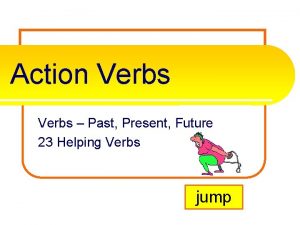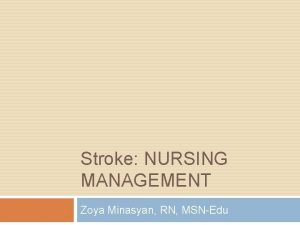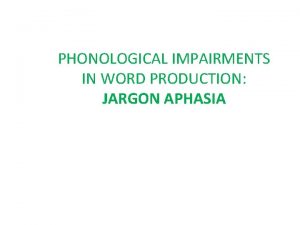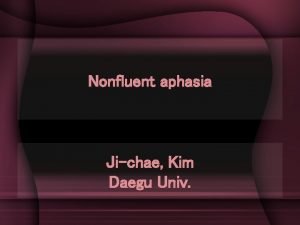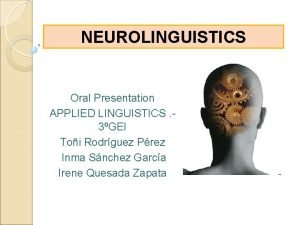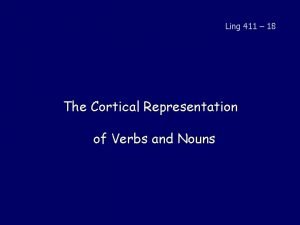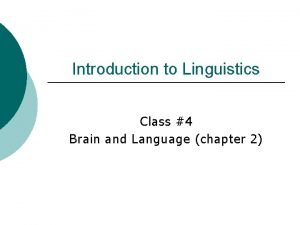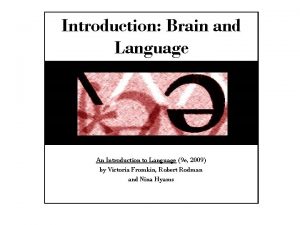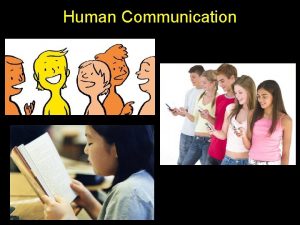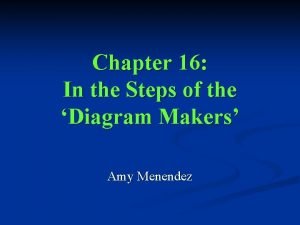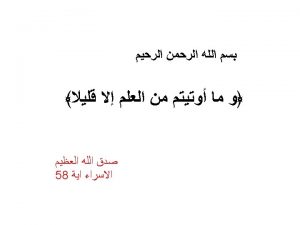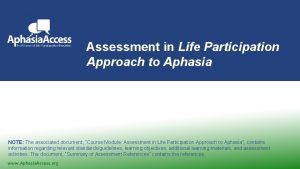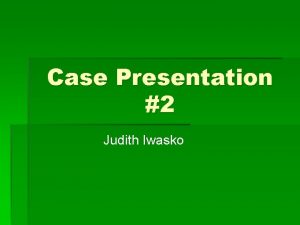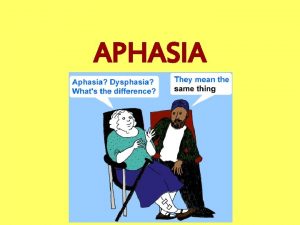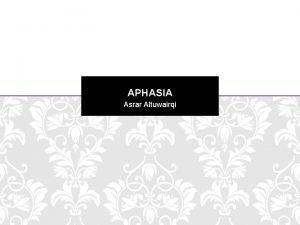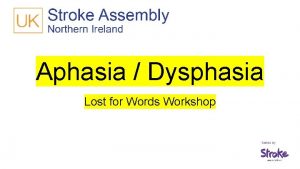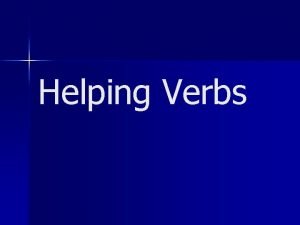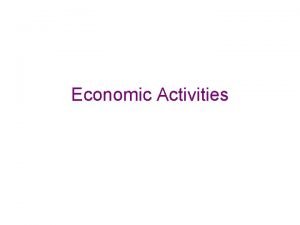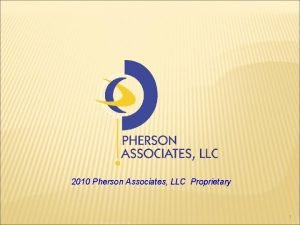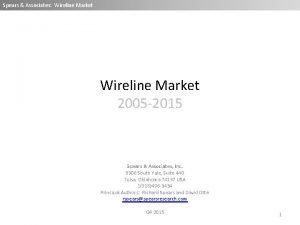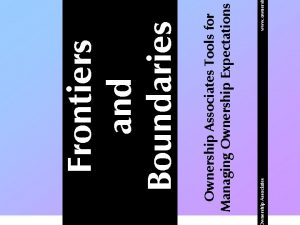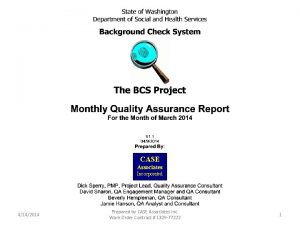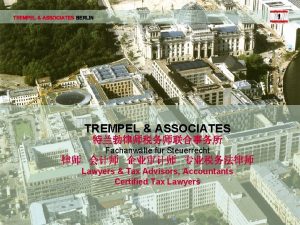Aphasia Associates Activities and Resources speakers helping speakers















- Slides: 15

Aphasia Associates Activities and Resources “speakers helping speakers” Fairfield Senior Center 1200 Civic Center Drive Christiansen Room Every 3 rd Wednesday of the Month 1: 30 -3: 30 The next meeting date is January 16, 2019

Disclaimer �Michael and Chelda Ruff are only coordinating the successful techniques that you share. �Input from every Aphasia Speaker is critical for the success of this group.

Aphasia Associates is a Grass Roots effort for Aphasia ‘surthrivers’ (stroke survivors who are thriving) to support one another by sharing successful activities or resources that helped in their recovery; while talking together to practice successful techniques.

Sharing Time � What Speech Therapy helped the most? � � � � � � Speaking slowly and listen without filling in my words Reading out loud and covering up the excess words, Closing eyes to focus One-on-One conversations Hearing tested Eyesight checked Aphasia cards for strangers One minute wait time (research shows it takes 17 seconds for a person to become uncomfortable before a response) 4 -7 -8 minute calm down time Earplugs Wand to speak, the person with the wand has the floor Sign language Make it shorter Bigger fonts Word Searches Suduko Rubic Cubes Brain puzzles Understand that all hard days will not last and all good days will not last, it’s a sin wave of continual change for the better Receiving 2 choices instead of 4 when searching for a word Accept your newness and don’t try to go back to your pre-stroke level

Obstacles What has been your greatest obstacle to date? Getting others to talk slower and understand, “I am not dumb” Processing for sensory Comprehension Getting clues to help with pulling the word Knowing when it’s time to assist Waiting for responses Mornings Concentration Selecting food from a menu

Building Vocabulary Daily This is a suggestion to be done at home. Make a game of labeling your environment and removing the labels when you are sure of the name of the items.

Describing food

Read on the go, everything you see flyers, signs, advertisements, books, magazines, poems, Question as you read Who, What, Where, When, How, Why?

Name Facial Expressions or Emotions Write instructions: Label what you like or didn't like, loved , Lukewarm or Hated it Loved it and Excelled!) �Make Naming Puzzles happy or sad faces Process not product is the goal

What is happening? Associate it. Analyze it. Argue for or against it. Apply it.

What do you see? �What’s my name? Describe it. Compare it.

Learning Progression �similarities and differences (like, unlike) �Determine learning styles and progressions Label items in Spanish or a different language and form a sentence, question, or statement

Communicate without Talking �songs, � make crafts, • Describe an obstacle • Make up words • Origami • Play Now!

Resources: �Department of Communication Sciences & Disorders �Dr. Darla Hagge - Neuro. Science Alliance at the California State University, Sacramento �Northbay Stroke Support Group �Gretchen Hess, Northbay Hospital, Speech Therapist �Aphasia Couples Therapy Workbook, Dr. Larry Boles �Kam Carr Gardner, SLP, Kaiser Hospital

Special Acknowledgment of Appreciation To the: Fairfield Senior Center For providing a monthly venue for cooperative speaking amongst people with Aphasia.
 What are the 23 action verbs?
What are the 23 action verbs? Examples of aphasia
Examples of aphasia Zoya minasyan
Zoya minasyan Aphasia means
Aphasia means Semantic jargon aphasia example
Semantic jargon aphasia example Transcortical motor aphasia
Transcortical motor aphasia Anomic aphasia
Anomic aphasia Examples of aphasia
Examples of aphasia Brocas area function
Brocas area function Examples of aphasia
Examples of aphasia Conduction aphasia
Conduction aphasia Conduction aphasia
Conduction aphasia Pico question examples aphasia
Pico question examples aphasia Pyramidal tract
Pyramidal tract Asha qcl
Asha qcl Aphasia pathfinder
Aphasia pathfinder
